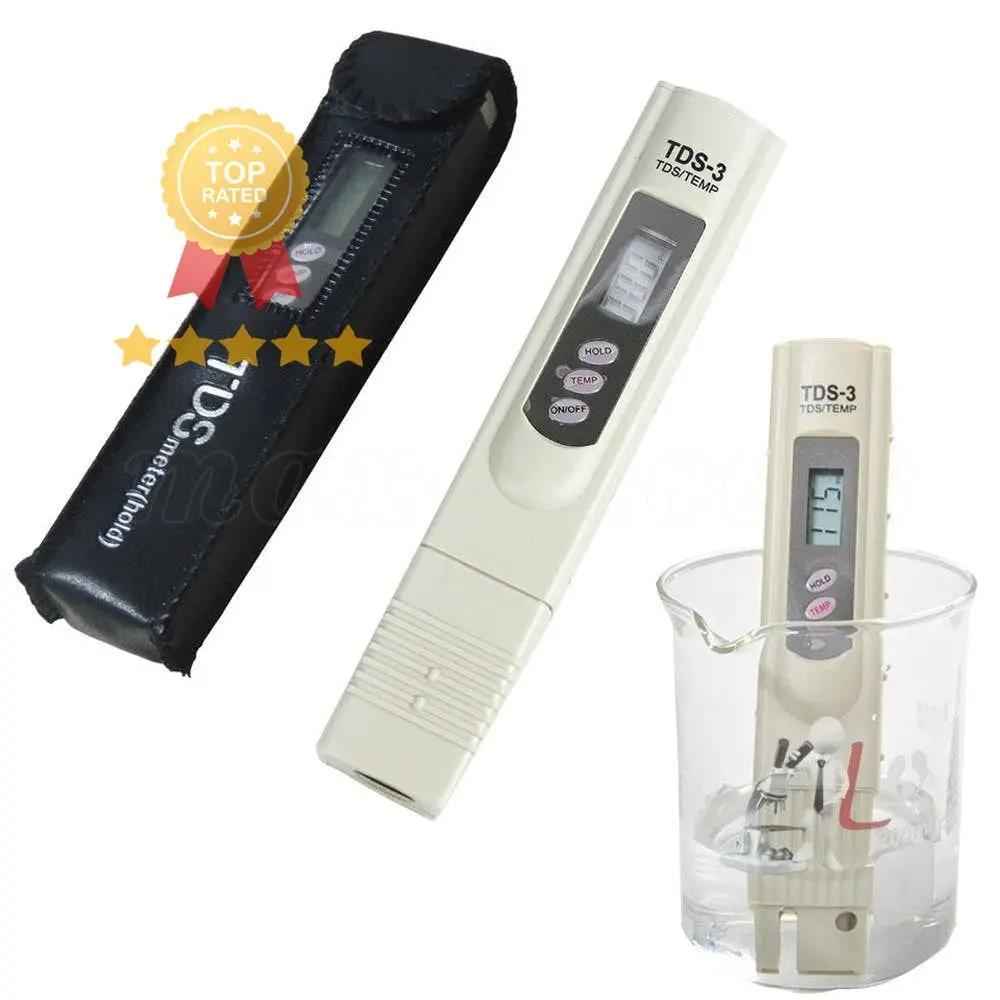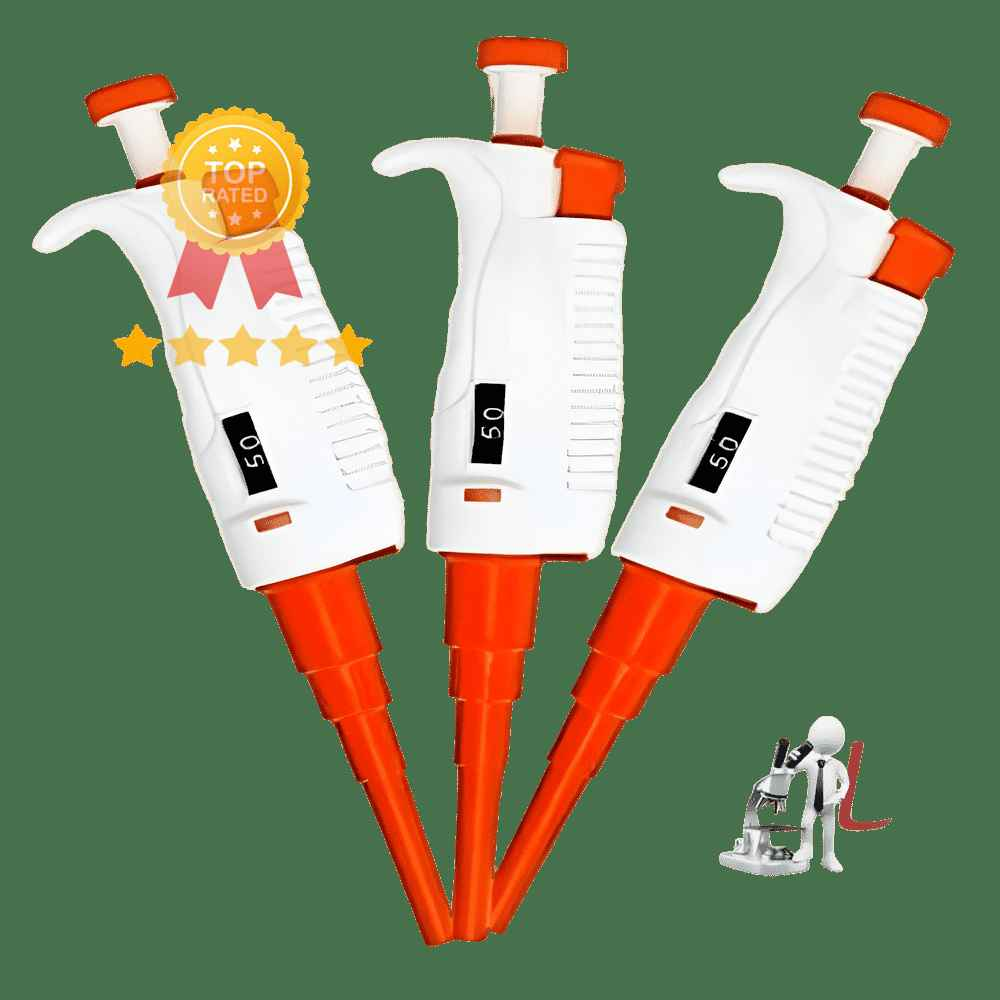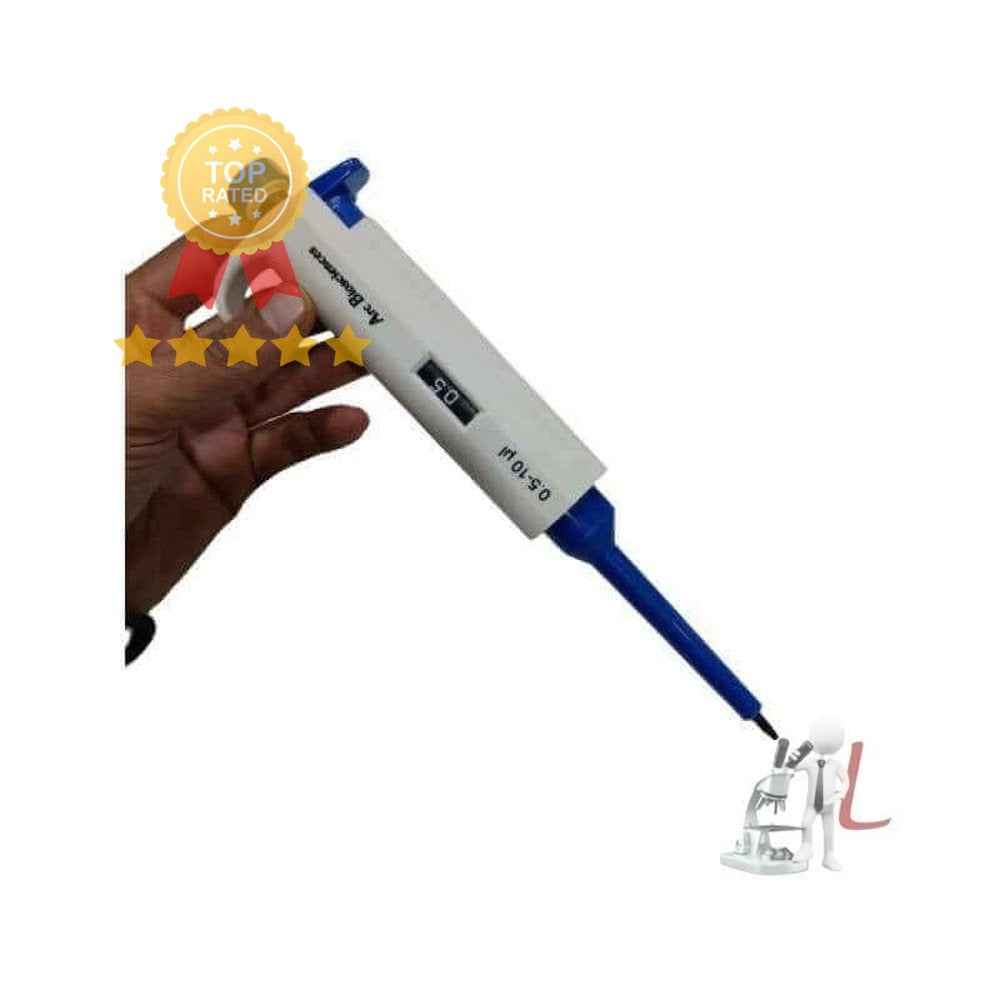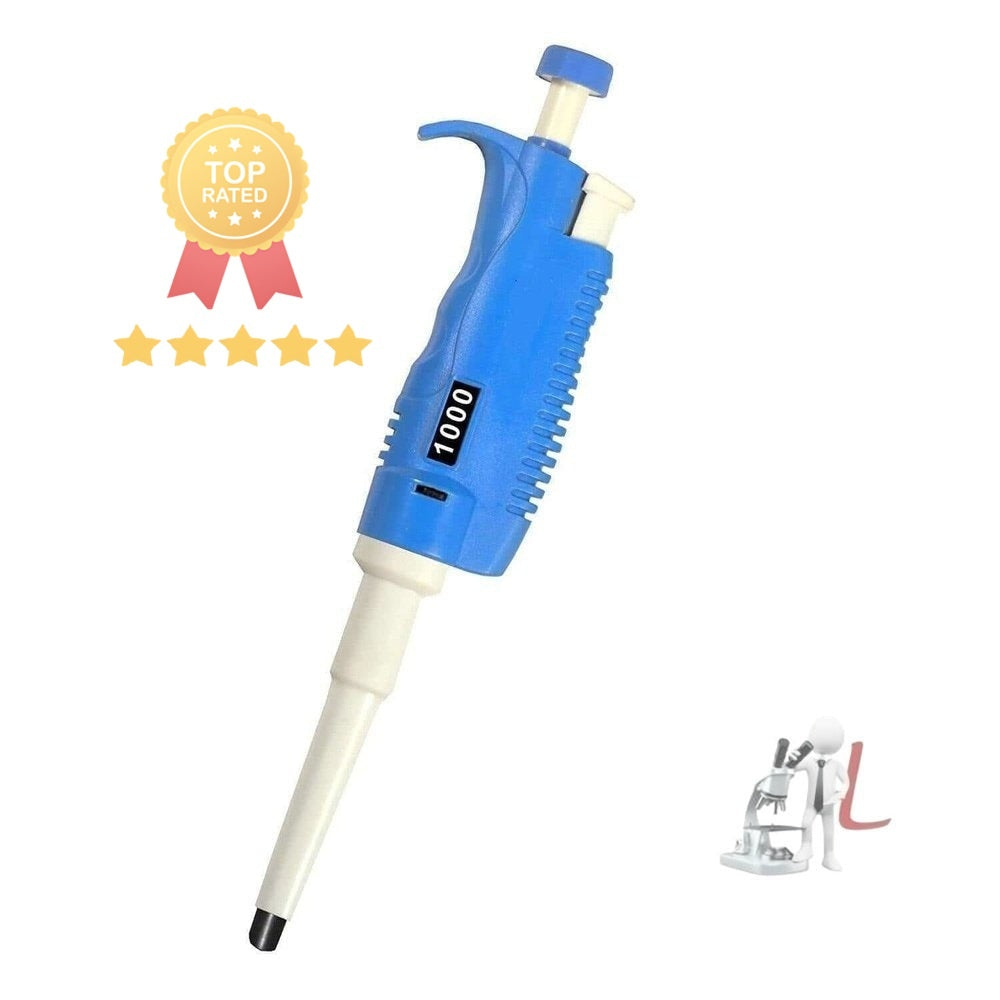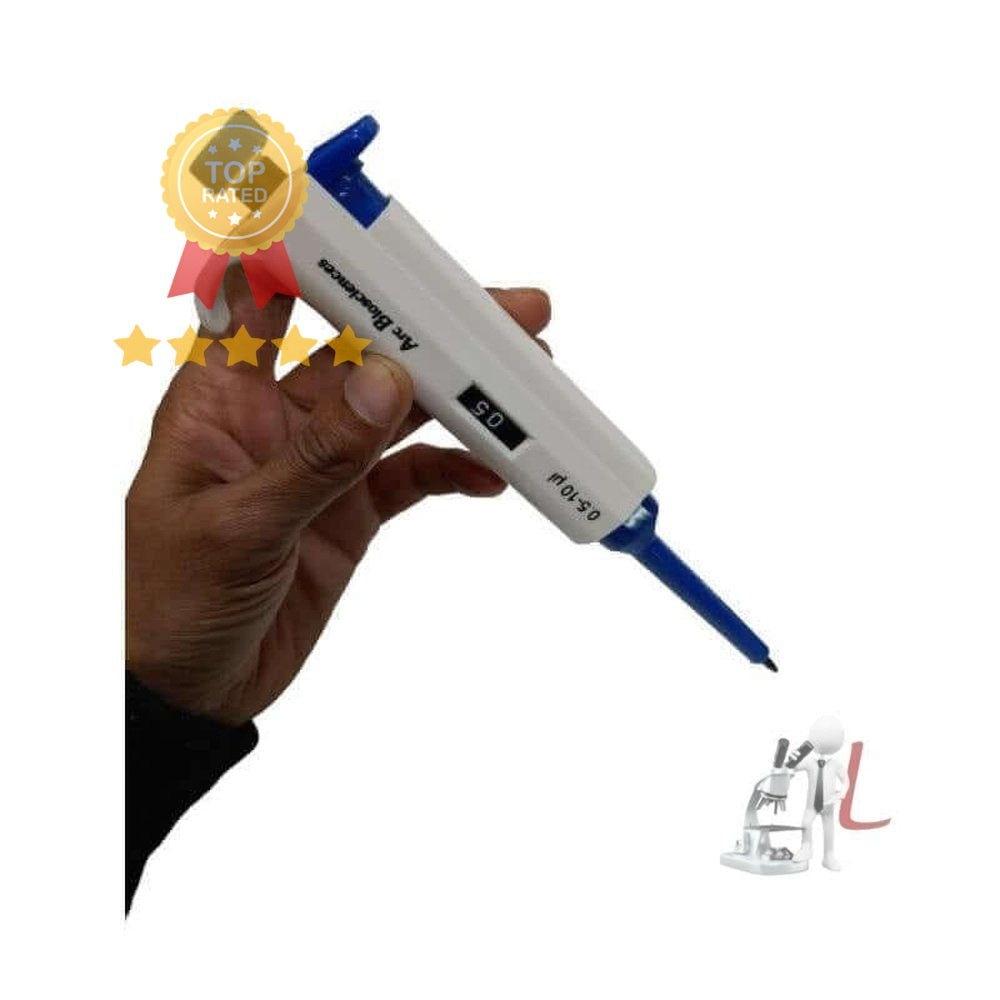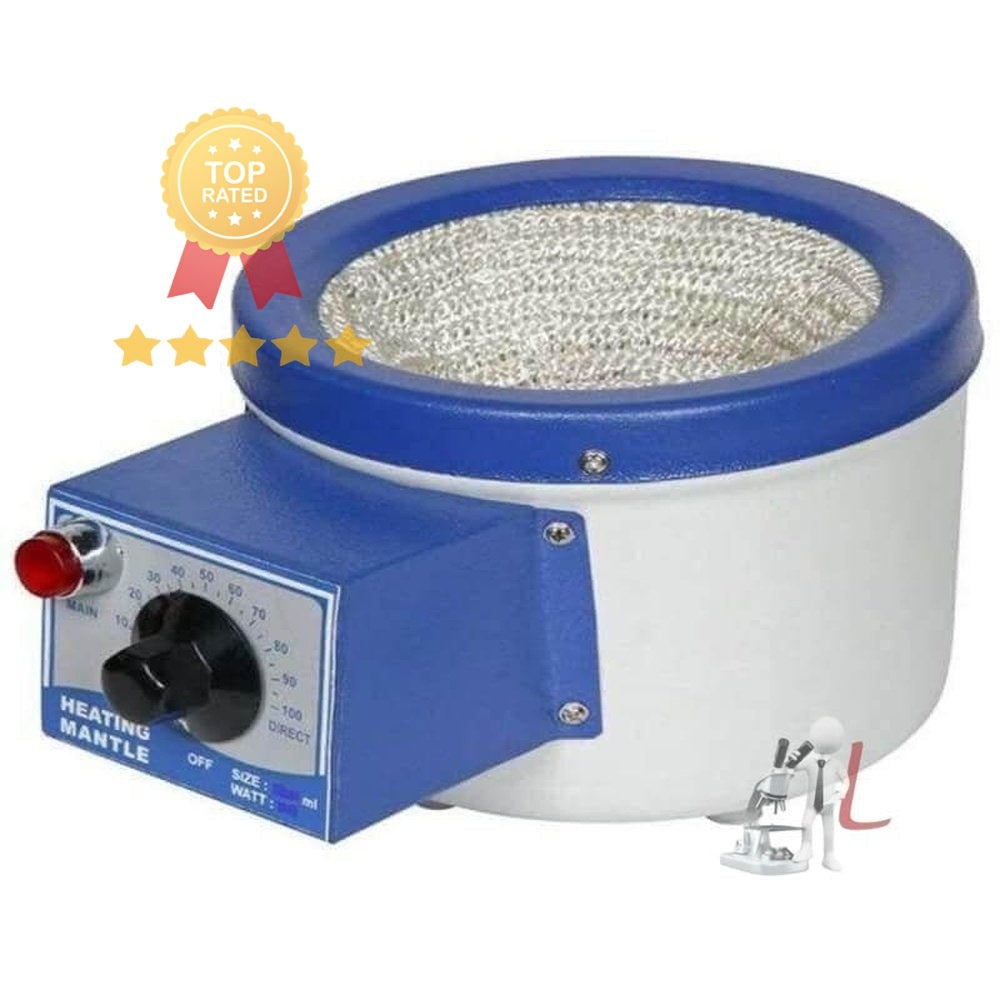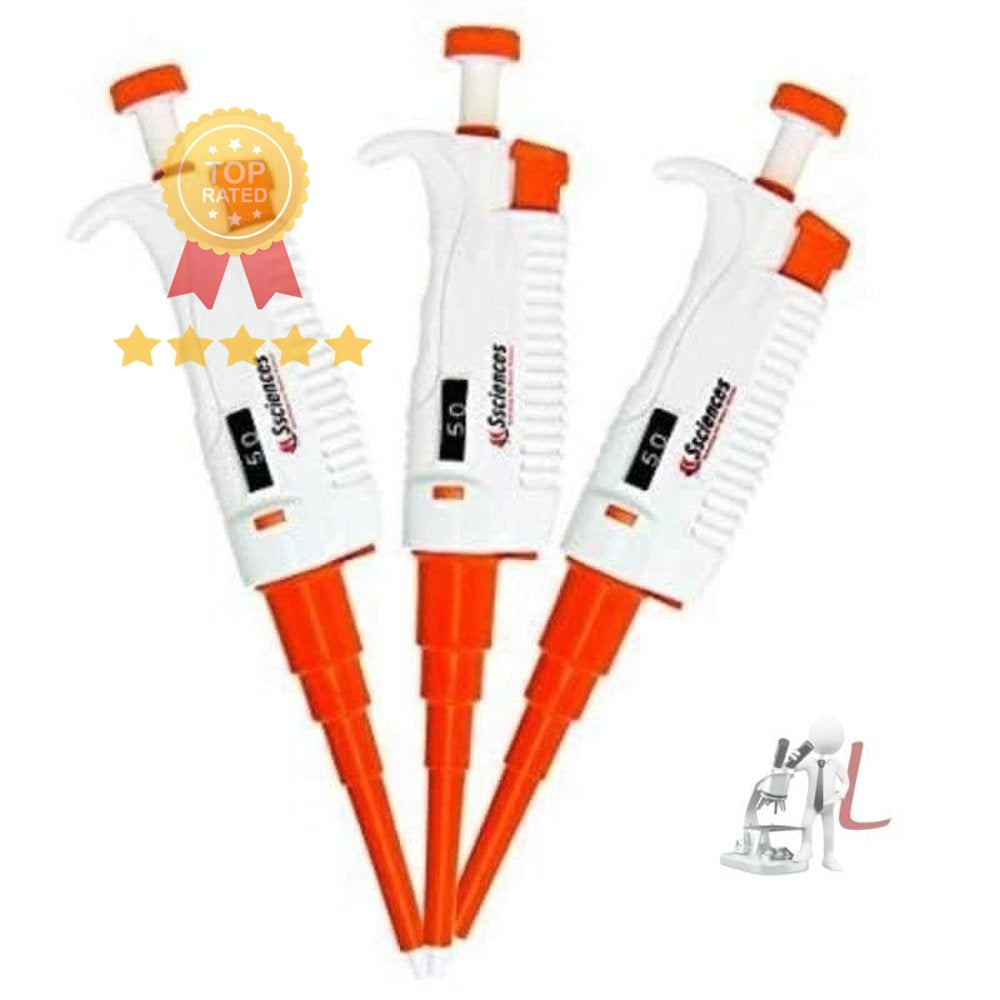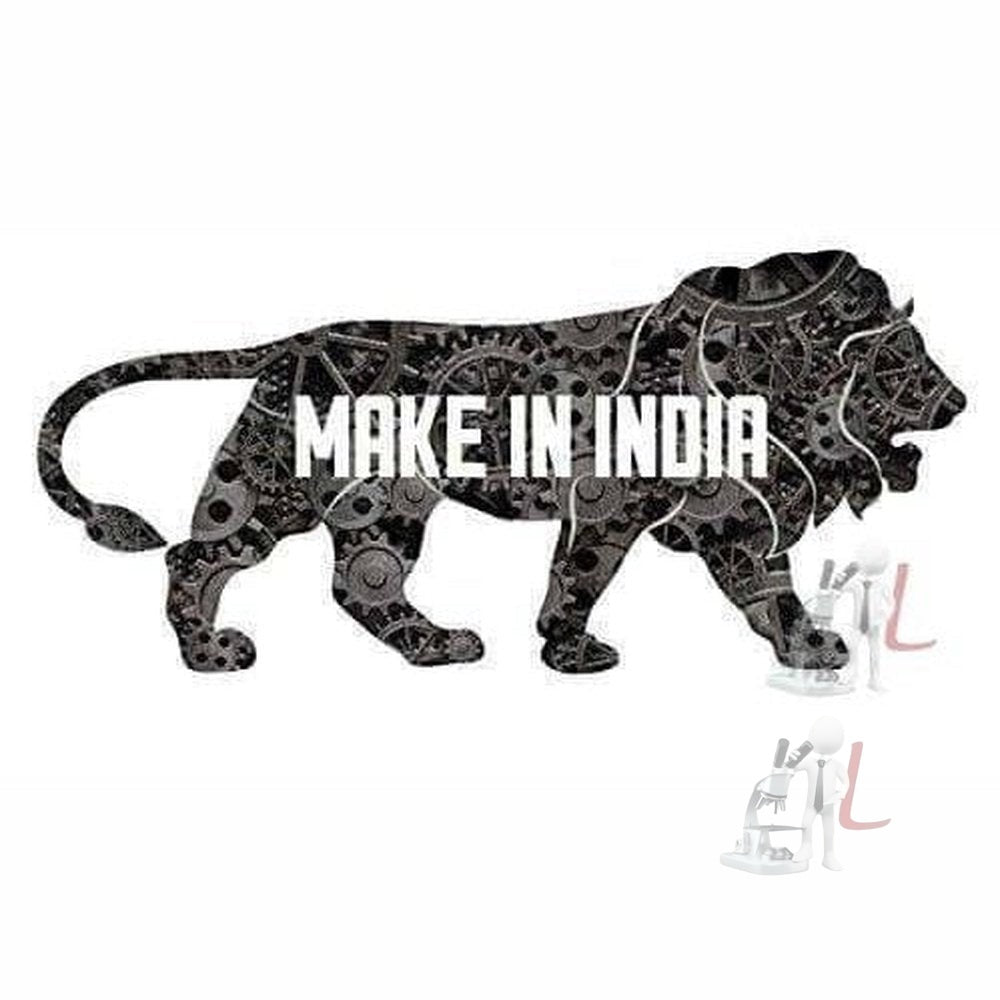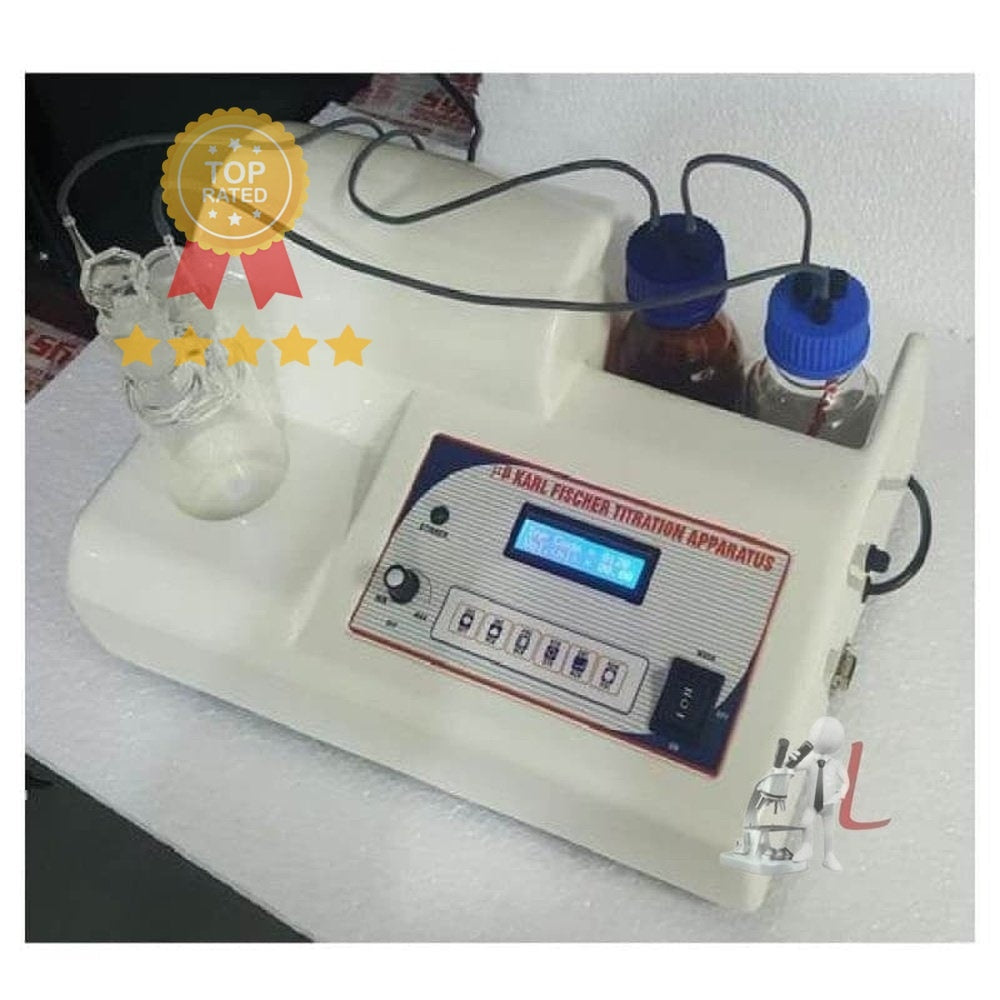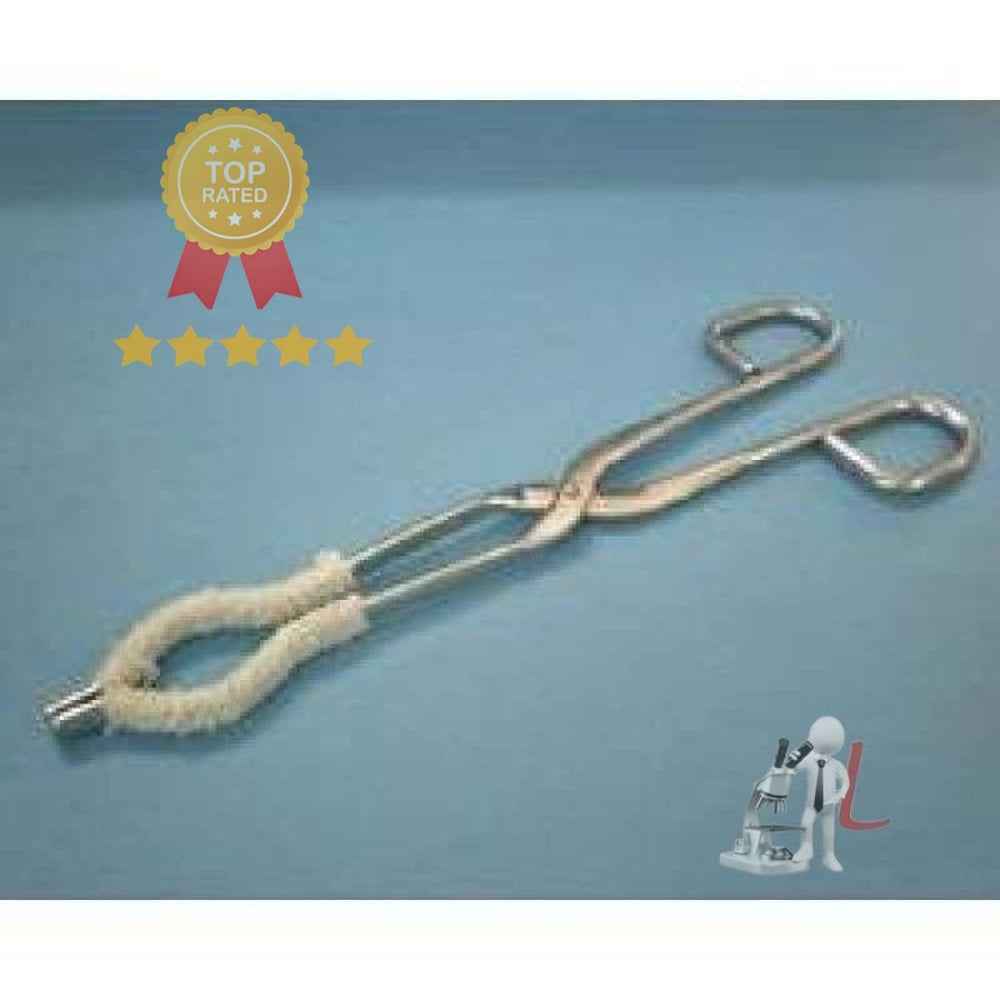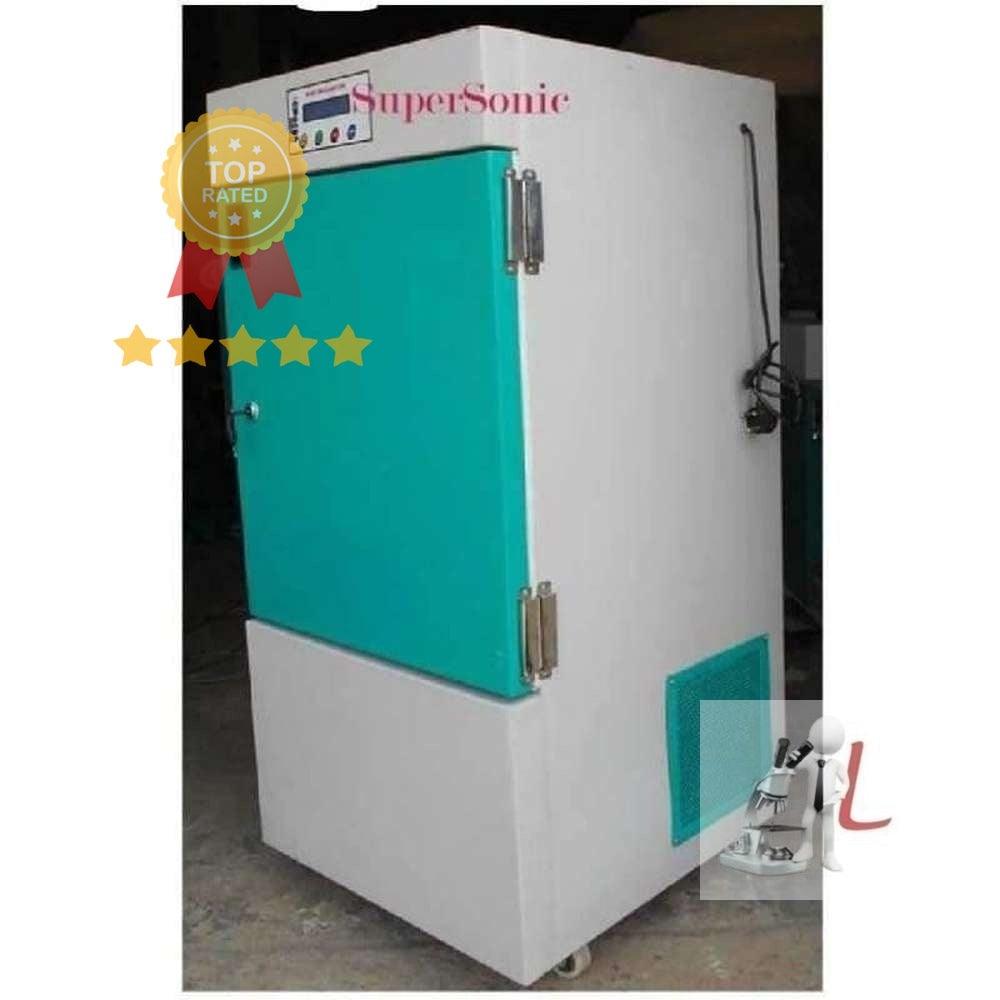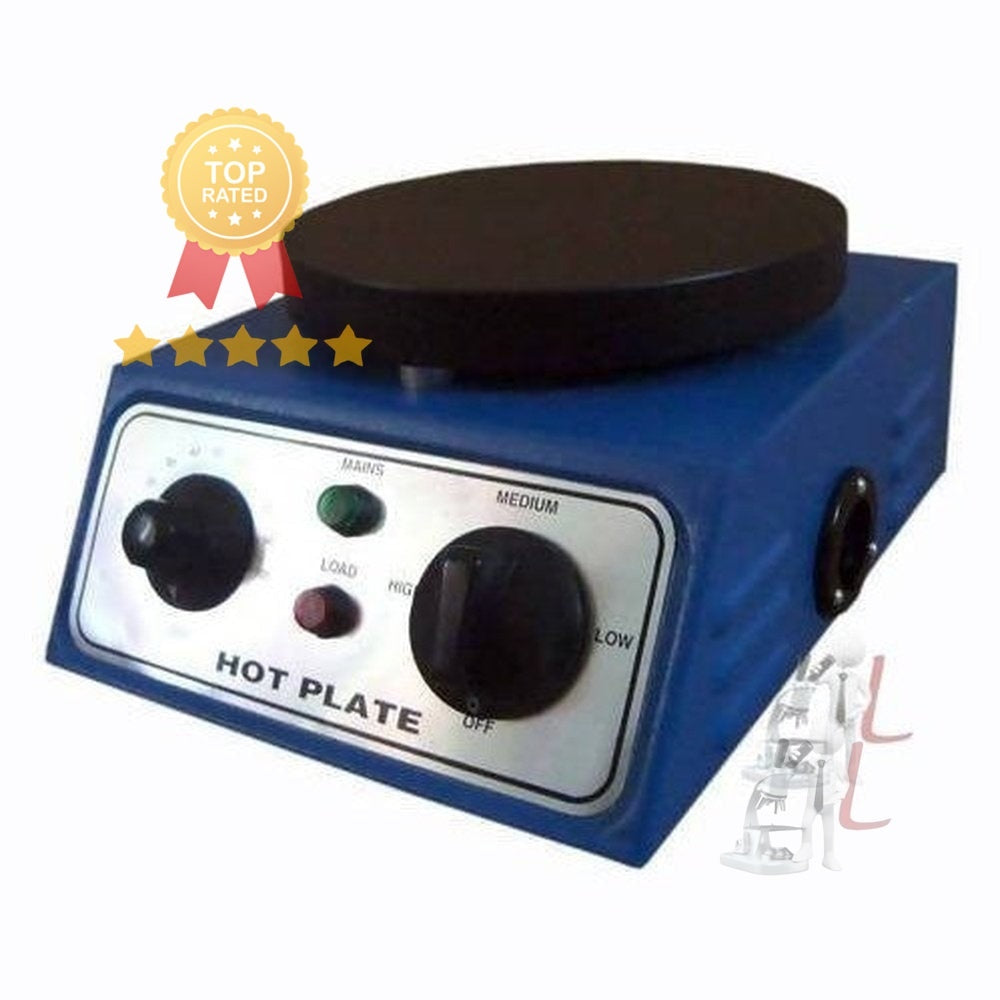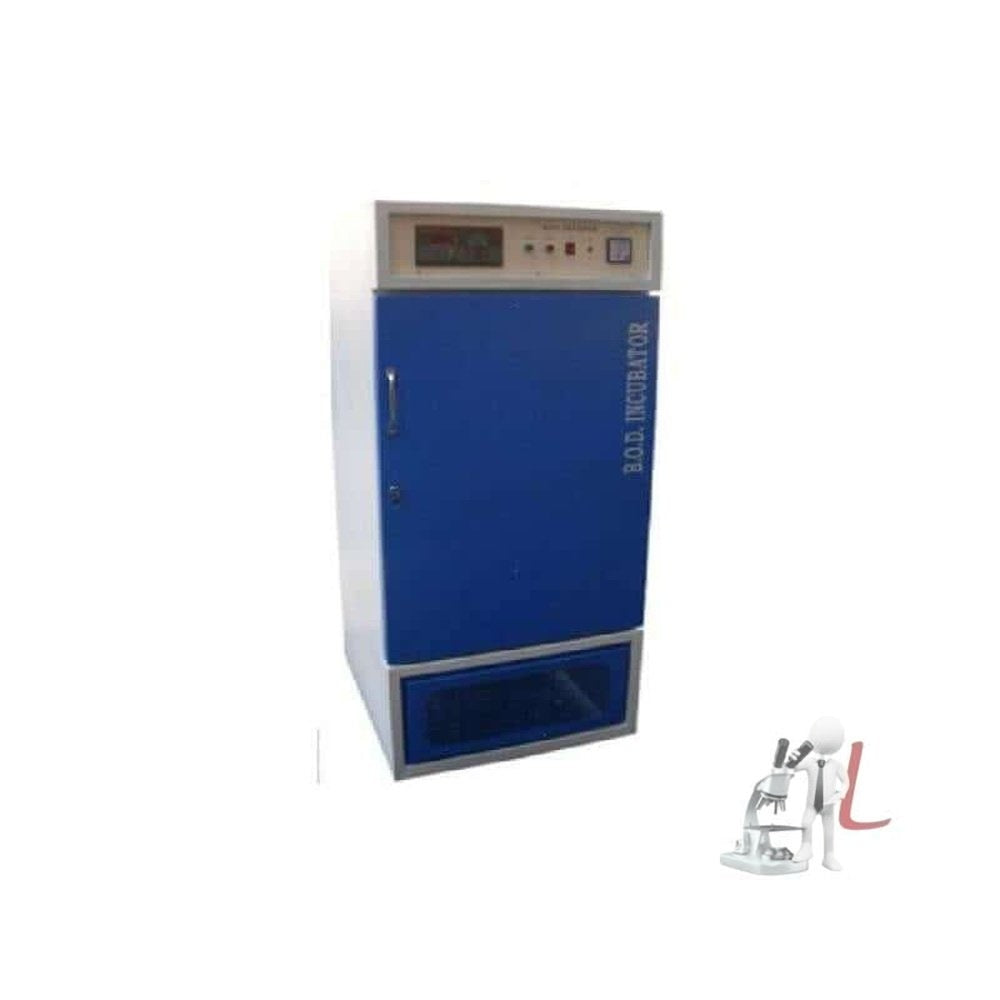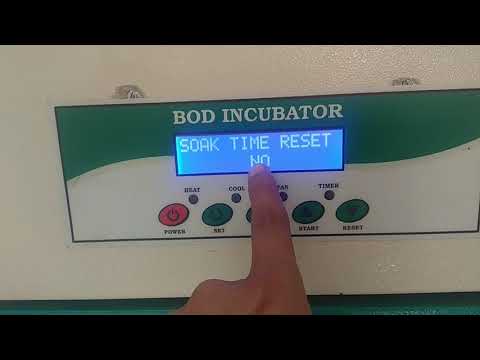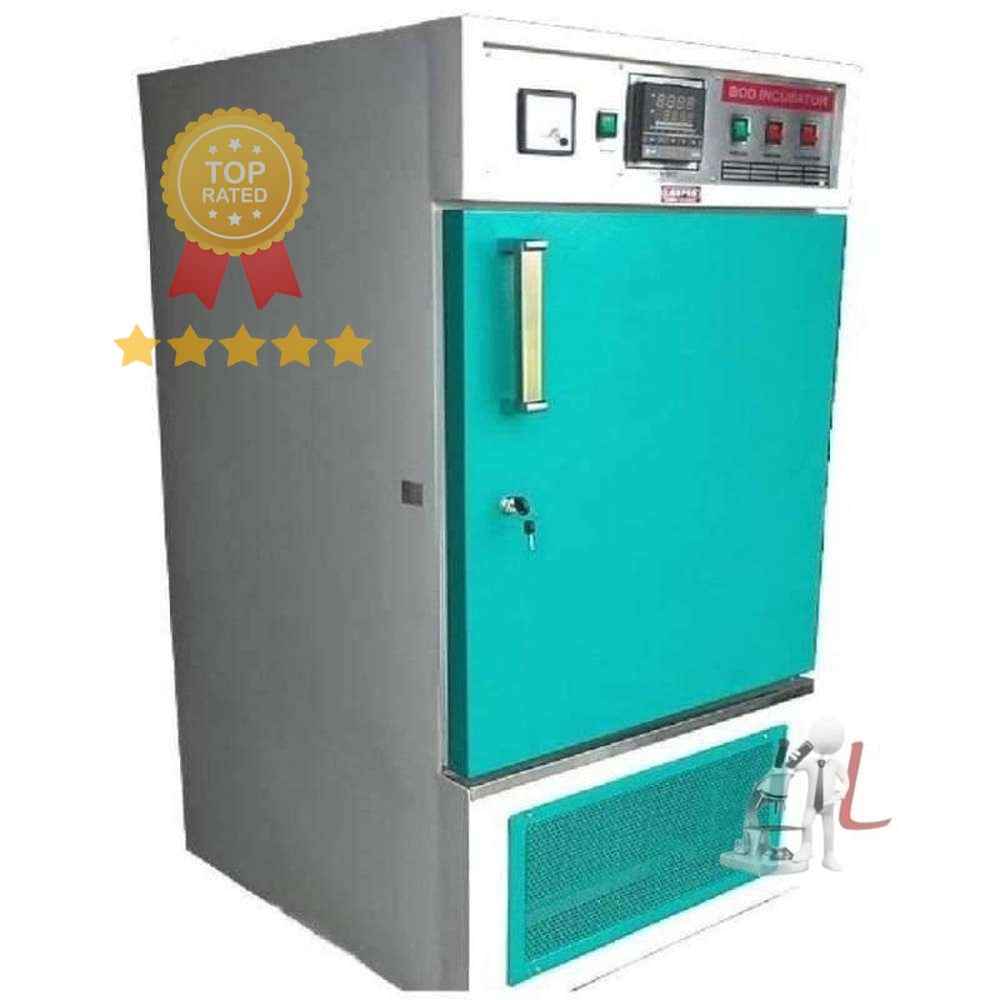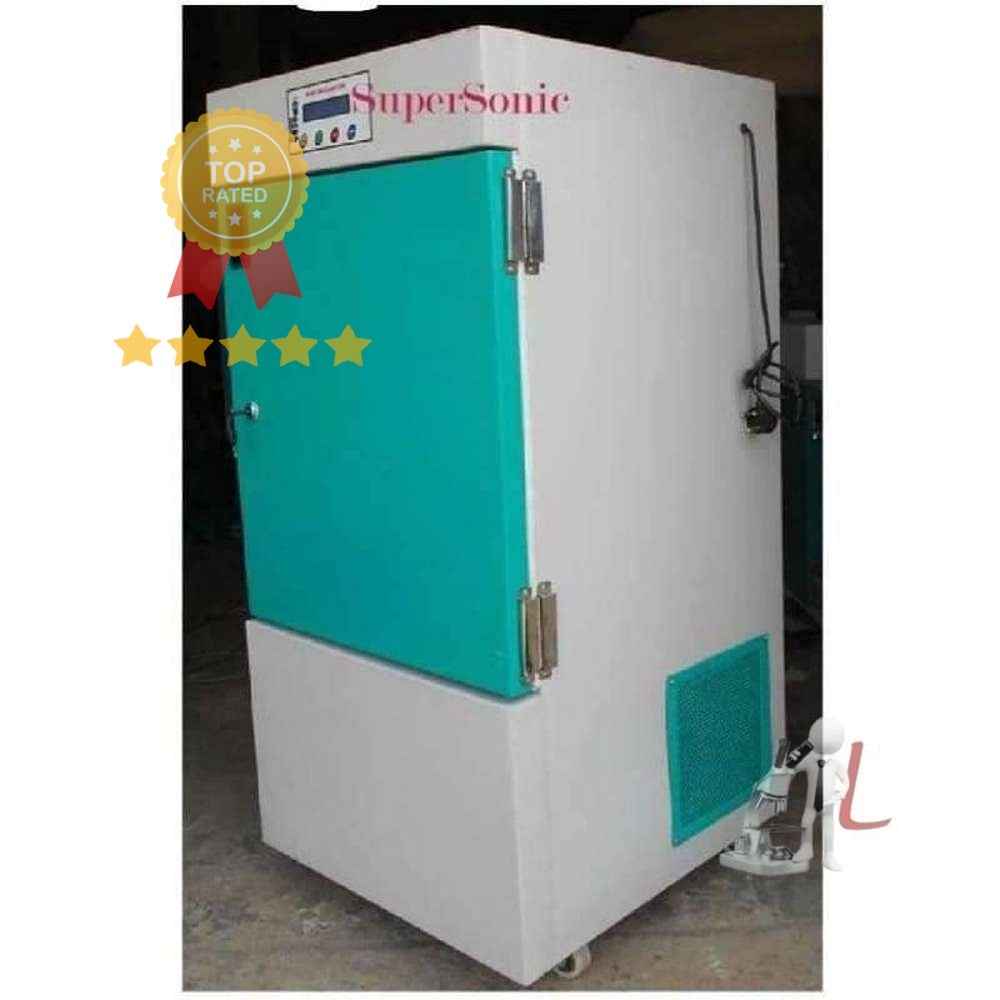Pharmaceutical Equipment - A Comprehensive Overview
Pharmaceutical equipment is essential for the manufacturing, processing, and packaging of pharmaceutical products. This equipment ensures that medications are produced according to stringent quality and safety standards, meeting regulatory requirements throughout the process. From mixers and granulators to tablet presses and coating machines, the range of pharmaceutical equipment available caters to different stages of drug development and production.
In the pharmaceutical industry, the reliability and precision of equipment are paramount. The designs of this equipment focus on maintaining the integrity and efficacy of the drugs. For example, an efficient tablet press can produce uniform tablets with minimal variation in weight and size, which is critical for patient safety and efficacy.
Another crucial aspect of pharmaceutical equipment is its adherence to Good Manufacturing Practices (GMP). This set of regulations ensures that products are consistently produced and controlled to quality standards. Equipment used in the pharmaceutical sector must comply with these guidelines to avoid contamination and ensure safety in the final products.
The variety of pharmaceutical equipment extends to various applications, such as solid dose, liquid dose, and aseptic processing. Solid dose equipment includes capsule filling machines and tablet machines, while liquid dose equipment entails various types of filling and mixing machines suitable for liquids, creams, and ointments. Aseptic processing equipment is particularly important for producing sterile products, including advanced machinery designed to maintain sterility throughout the production process.
Innovation in pharmaceutical equipment is ongoing. New technologies and advancements in equipment efficiency help manufacturers not only meet existing regulations but also adapt to emerging challenges. Automation and data management technologies play a critical role in modern pharmaceutical manufacturing, allowing for enhanced precision, reduced human error, and improved monitoring and control of processes.
Pharmaceutical equipment also plays a significant role in research and development (R&D) environments. Equipment such as high-throughput screening systems and formulation labs enables researchers to develop and test new drug formulations more efficiently. This acceleration of the R&D process can help bring new treatments to market more swiftly, ultimately benefiting patients and public health.
When investing in pharmaceutical equipment, it is vital to consider aspects such as scalability, efficiency, and compatibility with existing systems. As companies expand and evolve, their equipment needs may change; therefore, choosing adaptable solutions can save costs and facilitate smoother transitions during upgrades.
Regular maintenance and validation of pharmaceutical equipment are necessary to ensure consistent performance and compliance with regulatory standards. Scheduled maintenance not only prolongs the life of the equipment but also helps avoid costly downtime that can hinder production timelines.
In conclusion, the importance of pharmaceutical equipment cannot be overstated. It is the backbone of drug manufacturing, ensuring that products are created effectively and safely. As technology continues to advance, pharmaceutical equipment will evolve to meet the demanding needs of the industry, ultimately improving health outcomes through more efficient production of quality medicines.
Filter
Sort by

